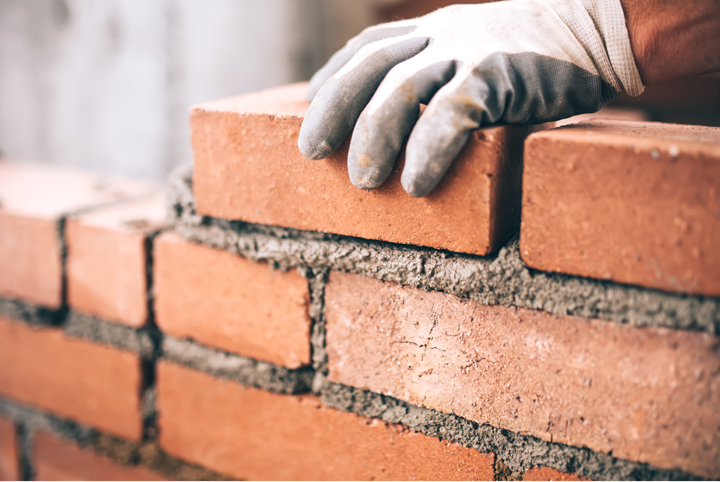
The Canadian economy has gone through significant ups and downs over our nation’s history. But even when the economy is depressed, there are several industries that remain strong and even grow. This ability to weather a slowdown means that jobs in these sectors are not only protected, but in some cases, they are in even higher demand. Here are six industries that continue to thrive, no matter the economic climate.
1. Construction
If you want to future-proof your life, a career in the trades is a great option. Broadly speaking, construction does well even during tough times. While a depressed economy can result in a downturn in new builds due to a drop in demand, people are still looking to maintain and improve their homes, businesses and factories. This means increased demand for skilled tradespeople to do renovations and repairs. Specific jobs include plumbers, carpenters, electricians and brick and stone masons.

2. Manufacturing
Whatever the climate, there will always be a demand for manufactured goods. Companies in this sector not only require staff to operate machinery but to install, repair and maintain equipment. Technology is a big part of many industries, and those with IT and computer skills stand a good chance of surviving a bad economy. Jobs in this area include skilled labourers, maintenance technicians and project managers.
Many companies may shy away from hiring full-time staff during periods of economic downturn, but that doesn’t mean they’re not hiring. Instead, they engage workers on a contract or consulting basis. While this may seem unstable, for the contractor, there will be a diverse selection of work – and often a huge demand as companies need to keep their infrastructure up and running.
3. Transportation
Transportation is quite resilient when it comes to a floundering economy. We have to move goods to market, not to mention moving ourselves around town. Homeowners and businesses save money during tough times by fixing things instead of replacing them. The demand for auto body repairers, auto service technicians as well as truck and bus technicians will generally remain strong.

4. Education
When the economy is tanking, many people may find themselves out of a job. The first step is to go back to school for retraining. This leads to an increased need for skilled instructors in colleges and universities. People will also continue to have children, which means there is a demand not only for teachers but child and youth workers.
5. Healthcare
The demand for healthcare services doesn’t change if the economy stalls. Hospitals, doctors and social services are indispensable. This applies to medical supplies and services, too. The population will continue to age, which means an increased demand for nursing care, along with physical and occupational therapists.

6. Agriculture
Agriculture is another area of the economy that has remained firm during downturns. People have to eat, so there is strength along the entire supply chain. For those skilled in the trades, there is opportunity.
Agriculture is more than just growing food. It’s also the processing, transportation and retailing of it. Along the way, there are machines that need operating and servicing, and at the retail level, there is demand for positions like logistics and refrigeration experts.
One of the best ways to keep your job both future- and recession-proof is to look at a career in a specialized trade. The more skills you have, the more valuable you are.
All photos courtesy of Getty Images.
HGTV your inbox.
By clicking "SIGN UP” you agree to receive emails from HGTV and accept Corus' Terms of Use and Corus' Privacy Policy.



